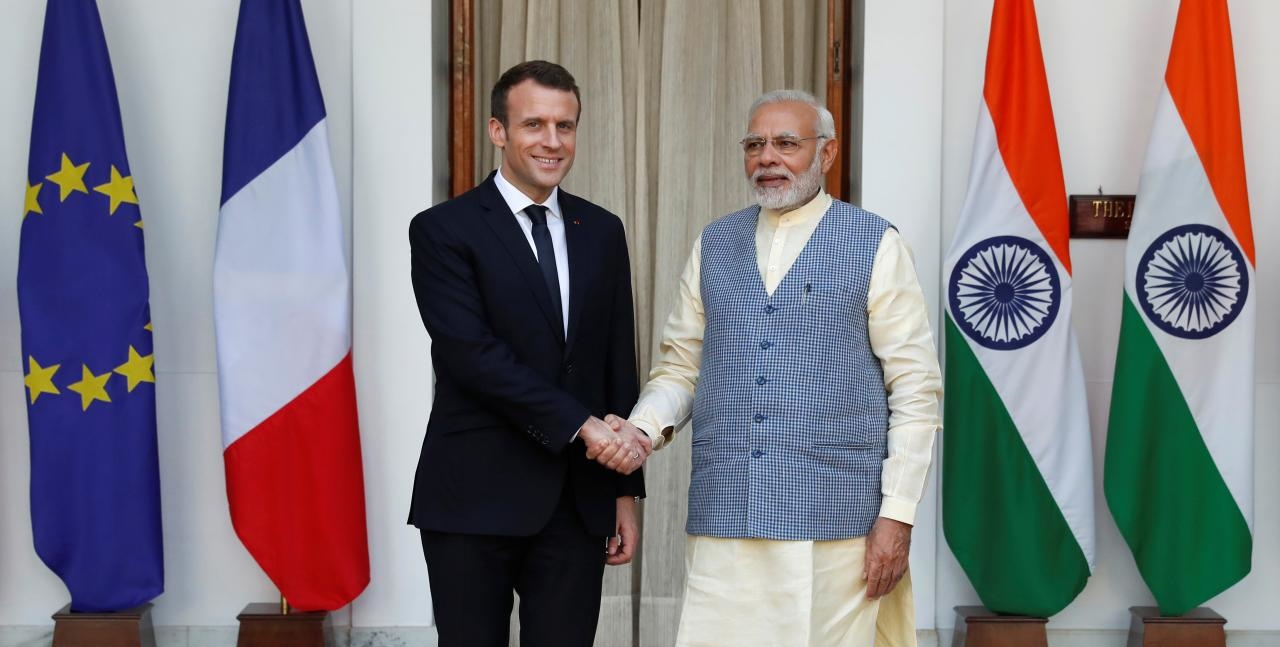Macron’s India Visit Deepens Alliance
Business
25 Jan 2024 06:00 PM IST
SB Team
India and France have developed strategic ties for over 25 years since 1998, marked by significant bilateral investments and cooperation in trade, commerce, IT corridors, capital exchanges, and skill development. Their strategic collaboration extends to the Indo-Pacific region. France has been a supportive gateway for India in Europe, actively supporting Indian interests within the European Union.
The nations partnered successfully in smart cities, railways, tourism, food processing, and renewable energy. Maintaining robust relations across diverse sectors, India and France aspire to elevate their trade and economic ties to new heights, reflecting a shared commitment to sustained cooperation and mutual growth.
Emmanuel Macron’s visit
India and France have a symbiotic relationship spanning many areas, laying the groundwork for French President Emmanuel Macron’s upcoming visit as the chief guest on Republic Day, highlighting the two countries’ organic affection. Expected to deepen cooperation in military, technical, and environmental sectors, the visit underscores France’s unique standing in India’s strategic outlook.
Recognised for steadfast support during critical periods, such as India’s nuclear pursuits and advocacy for a permanent UN Security Council seat, France’s unwavering collaboration has been pivotal. This visit is poised to further solidify their enduring alliance, embodying shared values and a commitment to strategic collaboration.
Bilateral relations
India and France have managed to build a strong and vibrant bilateral relationship that extends beyond official meetings. Like India, France values its strategic freedom. Dealing with India gives France a significant edge because it can view the country differently than the Anglo-Saxon globe. For India, too, its relationship with France exemplifies its policy of strategic autonomy without being labelled anti-Western.
By doing this, both countries honour their dedication to locally and globally recognised variety and multiculturalism. They emphasise each other’s struggles, such as the moment of France’s sense of betrayal over the cancellation of the contract for French nuclear submarines by Australia and the accompanying announcement of the AUKUS grouping or India’s experience with cross-border terrorism. France and India have a strategic partnership in several significant areas.
The strength of their alliance is demonstrated by France’s support for India at key points, including the country’s 1998 nuclear tests, its position on Jammu and Kashmir, and its support for India’s permanent membership in the UN Security Council. Whether it was combating terrorism funded by Pakistan or strengthening India’s capacity to respond to regional dynamics, like those involving China, both countries have united against shared threats.
